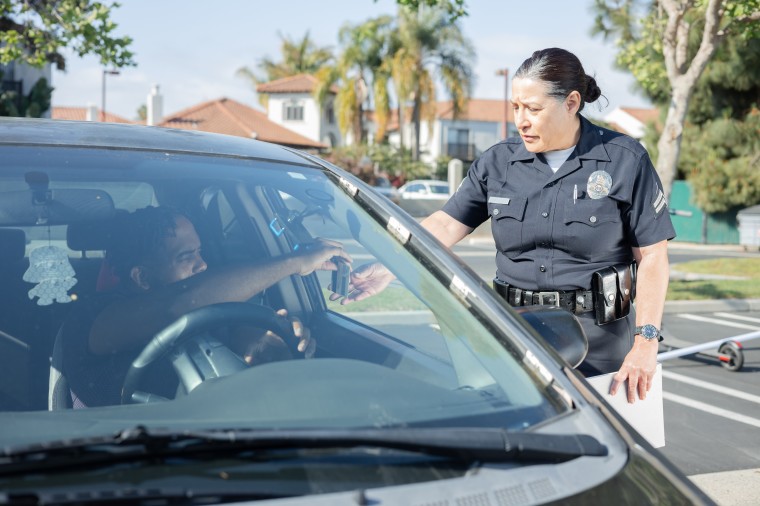
The Los Angeles Police Department is asking its officers to collect information on social media accounts of civilians including those that are not arrested or accused of a crime according to documents obtained by Brenna Center for Justice. The data collected is part of Field Interview (FI) cards that officers use to record other biographical information as well.
The police department is also adding a new social media surveillance tool "Media Sonar" that can build detailed profiles on individuals and identify links between them. According to an internal memo by police chief Michel Moore (via The Guardian), it is critical for officers to collect data for use in “investigations, arrests, and prosecutions”. The memo also warned officers that supervisors would review cards to ensure that they were complete.
Mary Pat Dwyer from Brenna Center explains:
This has serious implications for people’s privacy and First Amendment rights, especially for communities of color and activists. Social media surveillance can facilitate surveillance of protest activity and police presence at protests, which can chill both online and offline speech. Further, the highly contextual nature of social media also makes it ripe for misinterpretation.
This is not the first time the LAPD is encouraging officers to monitor the social media activities of netizens. A 2015 Social Media User Guide (PDF) shows that officers are allowed to create a "Fictitious Online Persona" to engage in investigative activities.

While officers cannot conduct social media surveillance for personal, illicit, or illegal purposes, they have complete discretion over whom to surveil and how long or broadly can they monitor their online activities.
According to the policy, there are no limits upon continuous monitoring and officers do not require oversight to determine whether it is being deployed inappropriately or discriminatorily.
Although there hasn't been a case of abuse of social media data yet, criminal charges were filed against three police officers who used FI cards to falsely label civilians as gang members after stopping them.
Such policy opens doors for a variety of privacy concerns. In the past, police officers and procecutors have used connections of friends to make false allegations of criminal gang activity. In 2014, one New York teen spent more than a year on Rikers Island based on the DA's incorrect accessment that he was a member of a criminal gang. The DA had done this accessment with the help of Facebook photos of the teen with members that were a part of the group of kids living in the same block.
An example like this shows how social media is prone to misinterpretation. This magnifies the risk of wrongful suspicion and might also lead to false accusation or charges to people that are rather innocent.
A free pass like authorization and lack of oversight makes this a matter of significant concern for the privacy and wellbeing of people living in Los Angeles.

















41 Comments - Add comment